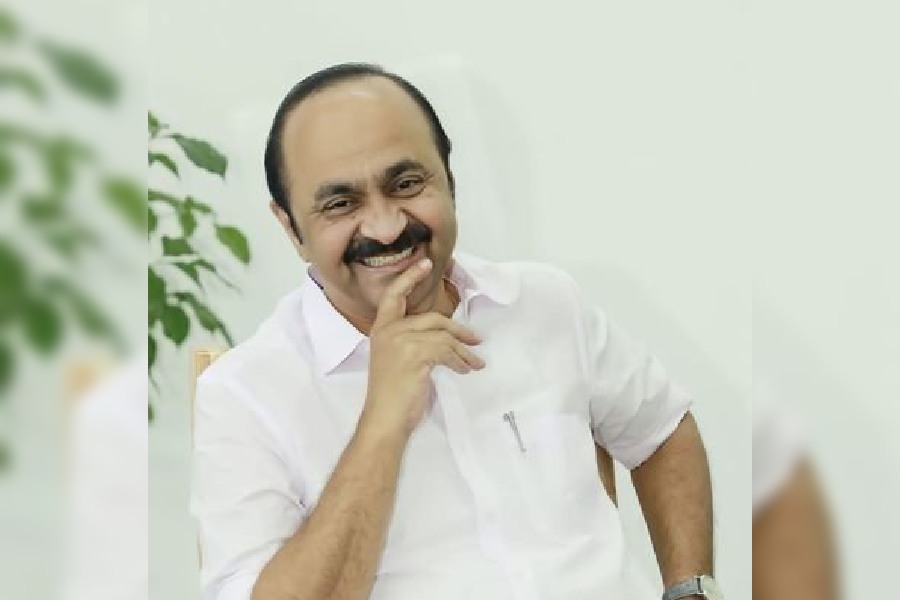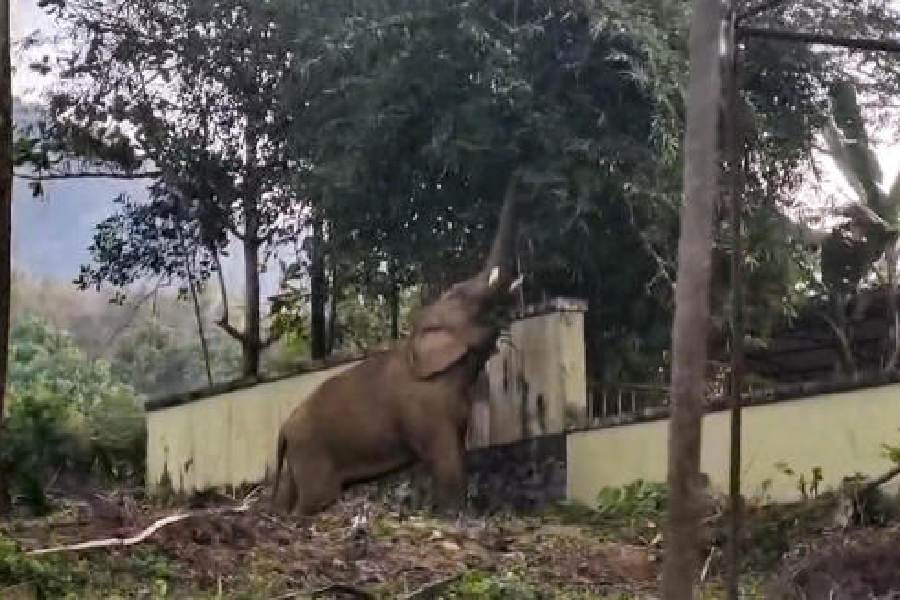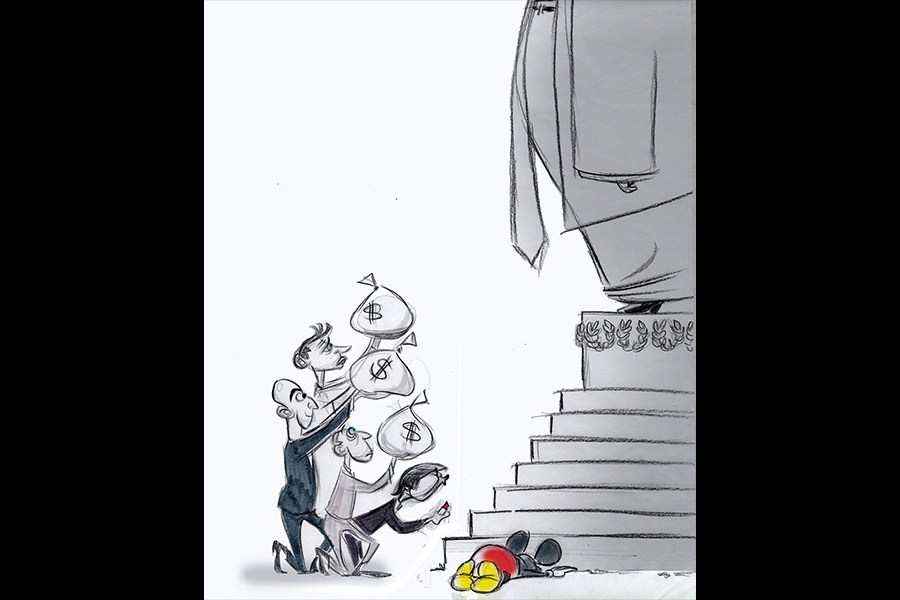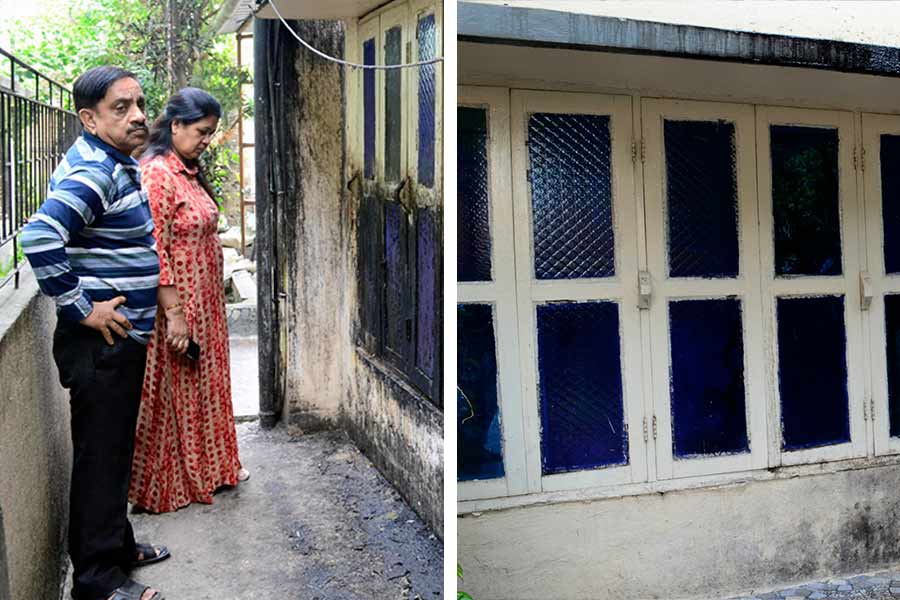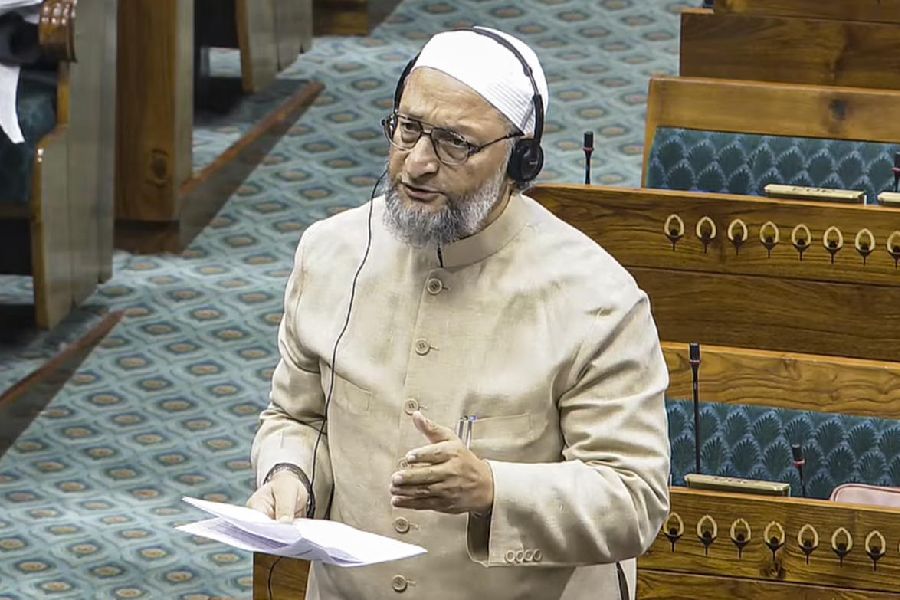Accusing the state-owned Kerala Financial Corporation (KFC) of "severe corruption", Leader of the Opposition in the assembly V D Satheesan on Thursday demanded an investigation into its alleged involvement in causing a Rs 101 crore loss to the state exchequer by investing in the financially struggling Reliance Commercial Finance Limited (RCFL).
Addressing a press conference, the Congress leader alleged that KFC had "unlawfully and dubiously" invested Rs 60.8 crore in the Anil Ambani-promoted RCFL.
He claimed that KFC, established under the State Financial Corporations Act, of 1951, to provide loans to small and medium enterprises (MSMEs), had diverted funds meant for state industries to RCFL on April 26, 2018.
Former Finance Minister and senior CPI(M) leader T M Thomas Isaac dismissed the allegations as baseless, stating, "The Leader of the Opposition should provide evidence to support his claims." State Finance Minister K N Balagopal also refuted the allegations, asserting that the investment made in 2018 was carried out in accordance with the law.
Satheesan countered by pointing out that the decision to invest was taken during KFC’s Asset Liability Management Committee (ALCO) meeting on April 19, 2018. He noted that this investment was made at a time when Anil Ambani's companies were facing severe financial crises between 2015 and 2018.
He further alleged that KFC violated the law by investing in RCFL, as it is permitted to invest only in Reserve Bank of India (RBI)-approved or nationalised banks.
Additionally, KFC did not disclose the private firm’s name in its 2018-19 and 2019-20 annual reports; the name only appeared in the 2020-21 report after RCFL was liquidated in 2019.
According to Satheesan, the 2020-21 report stated that Rs 7.09 crore was recovered through the liquidation process, which he said was a fraction of the Rs 109 crore (including interest) initially invested, resulting in a Rs 101 crore loss to the state exchequer.
He alleged that the investment was made with prior knowledge of RCFL’s impending liquidation and claimed that it was carried out with corrupt intent, without the awareness of KFC’s board of directors.
Satheesan demanded a thorough investigation, stating that the type of inquiry would depend on the government’s response.
Denying the charges, Isaac explained that financial institutions invest surplus funds based on their policies and that KFC follows a similar approach.
He added that investments are made in scheduled banks or RBI-recognised NBFCs with at least a double-A rating. "India's two most prominent credit agencies had given RCFL a double A plus rating," Isaac said.
Balagopal noted that business involves both profits and losses, pointing out that KFC had invested in a company that also received investments from major banks such as Canara Bank, NABARD, and Union Bank.
"There were no lapses, and KFC operates in compliance with central laws," he concluded.
Except for the headline, this story has not been edited by The Telegraph Online staff and has been published from a syndicated feed.

